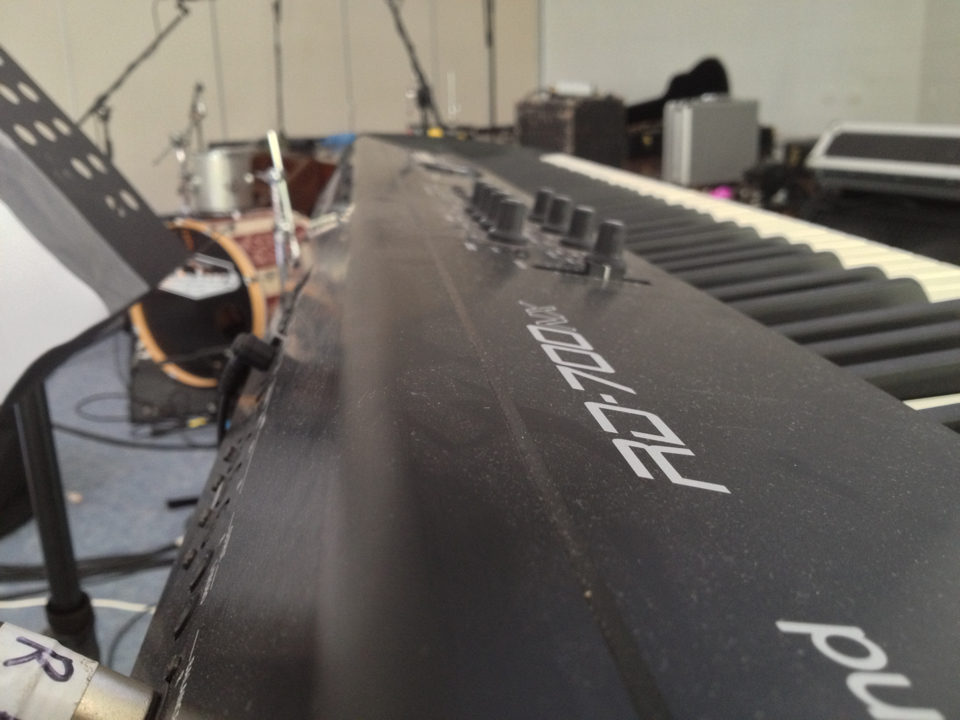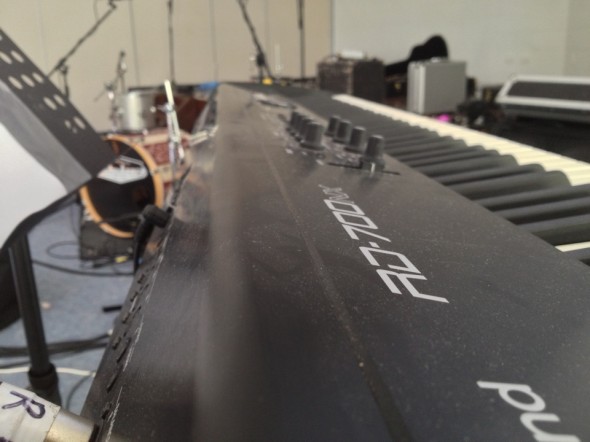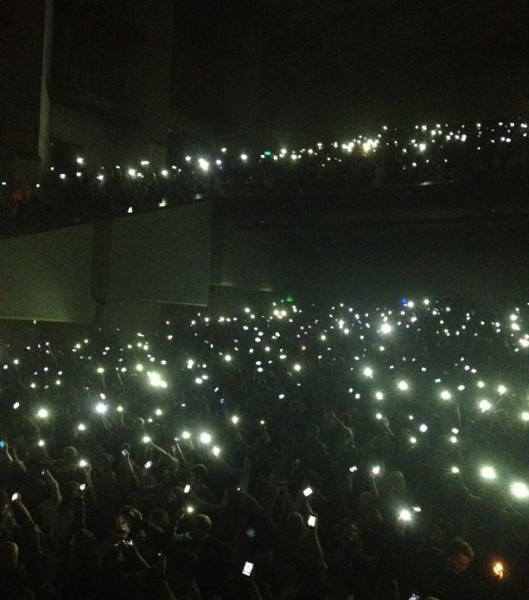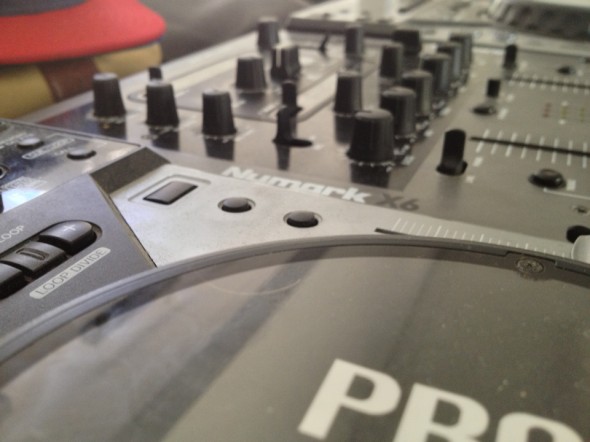
Band and DJ numbers outweigh demand
DJ's and bands are struggling to stay financially viable as venue closures force greater competition for limited gigs.

The dwindling availability of gigs is contributing to pressure on local musicians to compete with each other.
The local Brisbane live music and entertainment scene is being saturated by musical acts, as the number of venues capable of catering to these performers is on the decline.
This comes with fears that the limited amount of venues don’t have the collective ability to supply an adequate number of substantial set times to local musicians.
Concerns are rife throughout the live music community as local bands are having to tread the fine line between remaining commercially viable and remaining within their local music scene.
Local Brisbane career musician and nationwide talent, Isaac Cavallaro, believes the “rapid closing of a number of different venues” is the single greatest problem facing the Queensland music and entertainment scene.
“This can often make bands, especially young ones, feel vulnerable in this fickle industry and can lead to bands relocating which I have previously done, lose important networks and worse, lose interest in their music career.”
“For new bands in Brisbane, it can be very hard if you are not in the ‘scene’ or a ‘scene’ and without contacts and the lack of venues, it can make kick starting very challenging.”
The lack of gigs in established live music venues throughout Brisbane is forcing local musicians to be creative in order to find audiences and entrench themselves in the performance inner circles.
Isaac Cavallaro, and groups with which he is involved, have begun to hold live music events outside of the traditional musical regions and venues of Brisbane, widening their audience and attracting people who regularly don’t attend concerts.
“Some of the projects I am in have already started this (independent gigs) and received great feedback, especially when we have put on shows in suburban areas where live music is often left out.”
“I’m seeing other bands doing this and hoping it really catches on as it allows live music to thrive in Brisbane for all ages and all suburbs wanting to be involved.”
The closures of venues and the growing popularity of Electronic music combine to produce a similar effect upon the local DJ community, as has occurred within live music sectors.
With each set that is available to a local DJ, there is a group of like-minded individuals aiming to be selected, due to the sheer quantity of DJ’s within Brisbane .
The competitive nature of this industry seems like it should encourage DJ/Producers to stand out from the crowd and develop their own style and niche, however venues tend to prefer DJ’s who are able to attract the largest audience and get individuals in the venue.
In the short term, this occurrence benefits the venue financially, although the electronic music scene is beginning to suffer due to popular DJ’s being preferred to more skilled performers.
Jordan Bale, local DJ/Producer/Event Promoter who performs under the pseudonym Scranton, has become concerned recently with how this trend is beginning to deteriorate the local scene within which he has developed as an artist.
“I personally think that clubs/promoters these days are to focused on hiring DJs who have 50 odd friends coming to gigs.”
“I understand that the aim of the game is to get everyone to your club/event but I can see that particular venues in Brisbane are losing quality so fast.”
While this inclination has a positive financial effect for venues, DJ’s are being given incentives to become popular amongst party-goers and network in any way possible, rather than develop industry standard technical skills.
As this decline in quality continues, Jordan Bale and his DJ compatriots are having to accept this local scene’s limitations and do their best to create a compelling music scene whilst working within these restrictions.
“I’m hoping that clubs will start hiring for skill, rather than hiring DJ’s for how many mates they have but I doubt this will happen. (In) saying this I’m not stating I’m the best DJ in town (but I have) noticed a decrease in quality over the last 6 months. I guess it’s just the way it is.”
Amongst this all seemingly negative news and signs of future decline, Isaac Cavallaro is still quite upbeat and hopeful about what the future holds for the local music scene.
“I generally see the glass as half full and would like to think the local Brisbane music scene will continue to thrive, with or without licensed venues.”
“I feel optimistic about an uprising to come in the future, where musicians put on independent gigs around Brisbane.”


